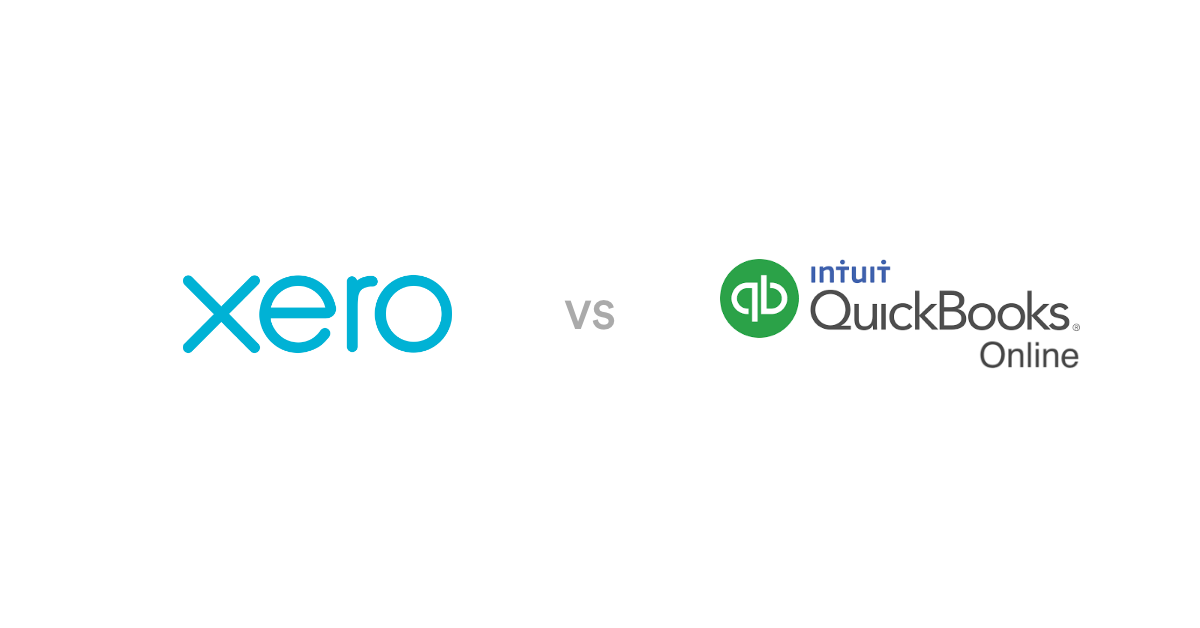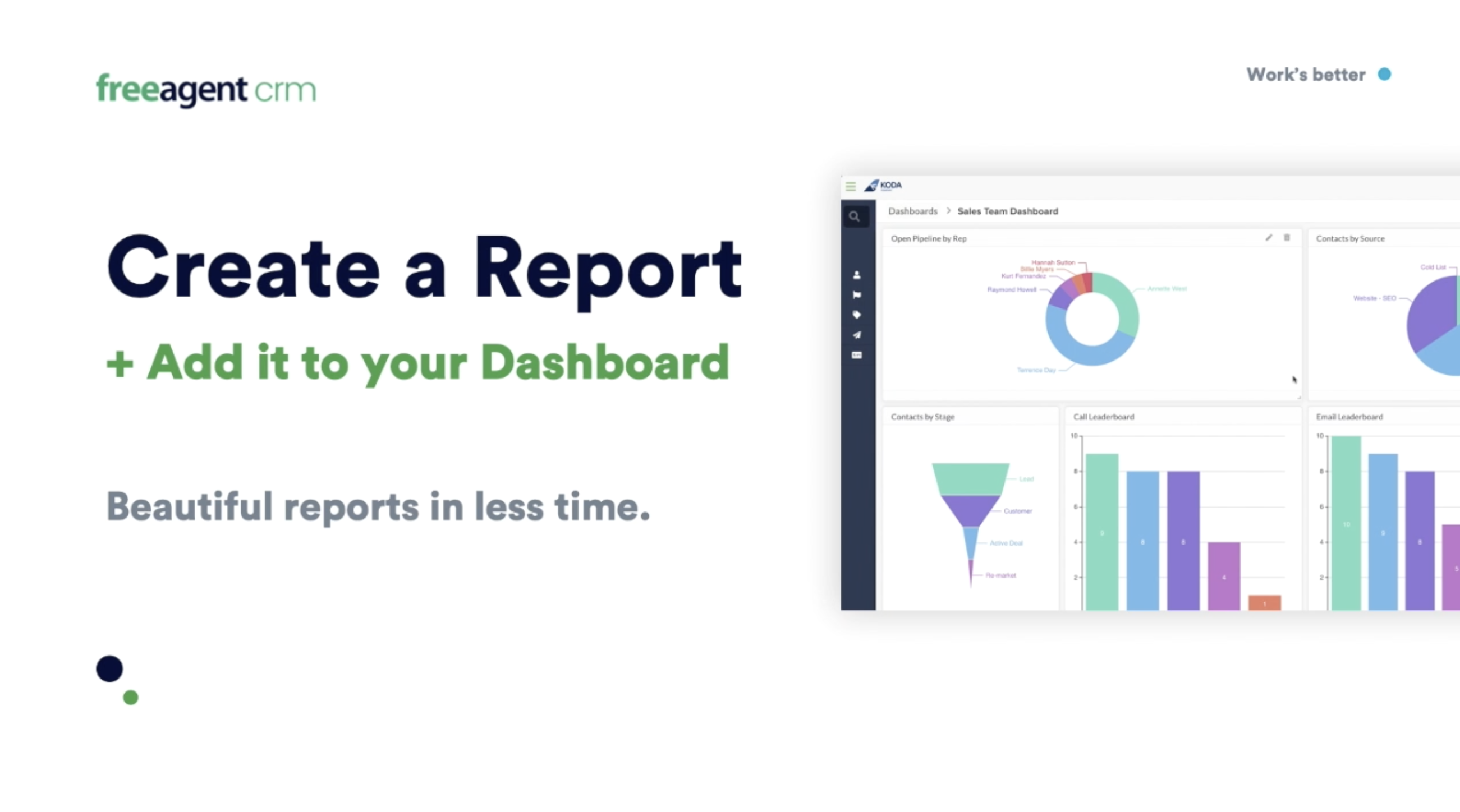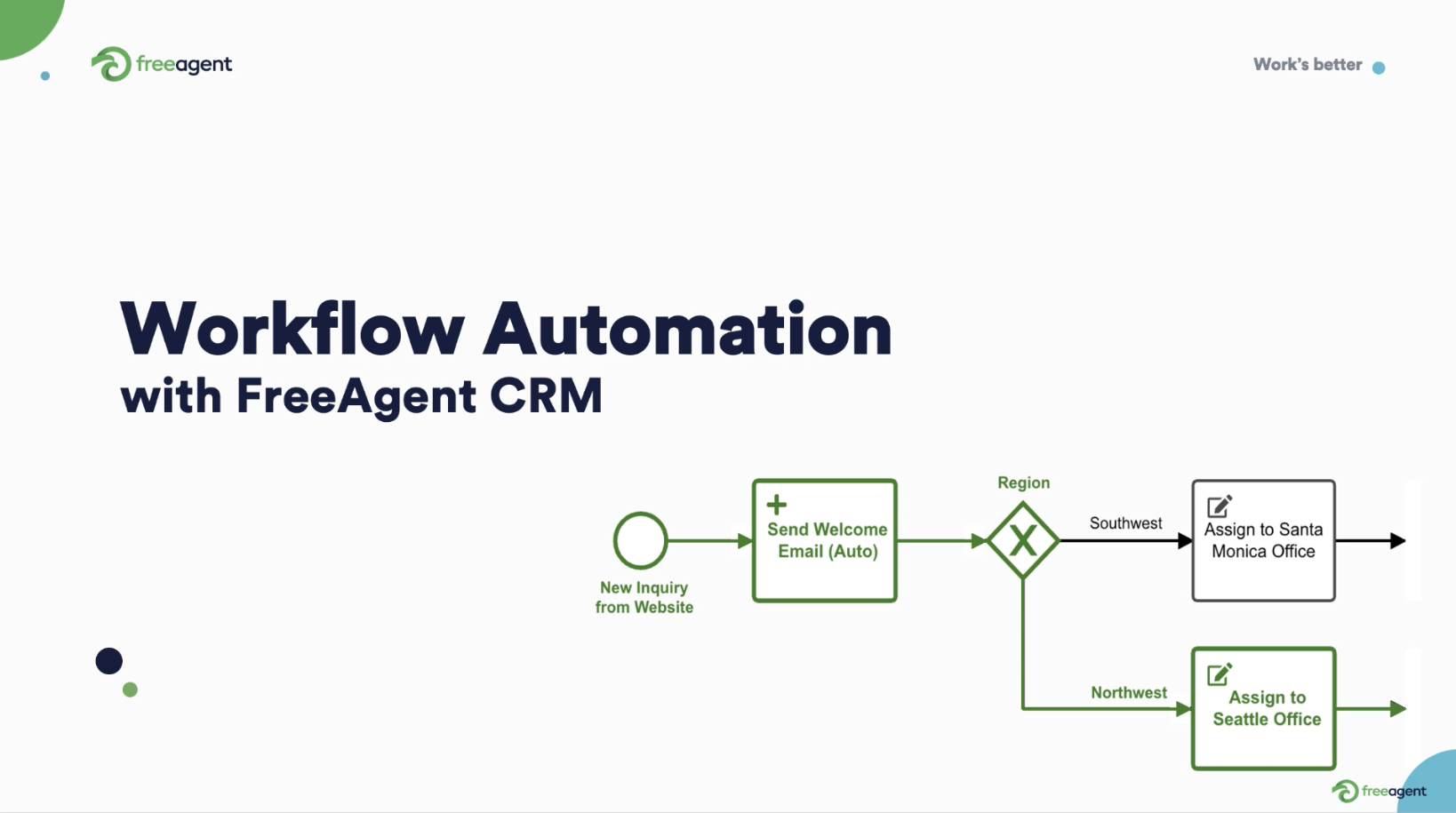If your company is looking for accounting software, you have likely heard of Xero and QuickBooks.
As two of the most popular and effective accounting solutions on the market, Xero and QuickBooks often compete head-to-head to win the business of companies like yours.
While both tools offer top-of-field feature sets that can simplify your accounting processes dramatically, identifying which is right for you can take time and effort.
We are here to help.
In this article, we will examine Xero and QuickBooks, compare their features and pricing, and detail the other considerations that can help you make the right choice for your business.
What is Xero?
Xero is a cloud-based accounting tool that helps businesses manage their financial operations simply and efficiently.
Founded in 2006, Xero has grown to support more than 3 million subscribers worldwide and is considered an industry leader in innovation and performance.
With Xero, accountants, bookkeepers, and operations leaders can streamline their accounting processes with automation, collaboration, and centralization.
What is QuickBooks?
When it comes to accounting software solutions, few tools can match the popularity and brand recognition of QuickBooks.
This is because, for more than 20 years, QuickBooks has been providing top-of-field features in a variety of offerings to support the needs of businesses both big and small.
With QuickBooks, businesses can save time, reduce errors, and stay compliant with all tax regulations.
Xero vs. QuickBooks: Feature Comparison
Xero and QuickBooks both offer comprehensive accounting solutions. Where they differ are focus and specialization.
Xero offers a highly customizable toolset designed to support end-to-end accounting services in-house.
QuickBooks specializes in tools that support a wide variety of accounting and inventory management functions.
Let’s take a look at their key features and see how they stack up in a head-to-head comparison.


Ease-of-use
With any software tool, ease of use will be a big differentiator. For an area of focus as critical and complex as accounting, it can mean the difference between compliance and infringement.
- Xero- Xero has a modern and intuitive user interface and an easy-to-configure dashboard that provides all pertinent information at glance.
- QuickBooks- QuickBooks is highly customizable, which can lead to a greater learning curve overall, but the payoff is a system that works the way you do.
The QuickBooks dashboard is also very flexible, allowing you to view your information in a variety of formats.

Winner — Xero wins this round. Both tools simplify accounting and bookkeeping significantly, but Xero is faster and easier to implement.
Invoicing
Accounting software tools can streamline invoicing processes for faster and more accurate bookkeeping.
- Xero- Xero offers a wide variety of automation options for invoicing that allow you to set up payment reminders and send recurring invoices using an array of triggers.
Xero also provides customizable invoice templates that allow you to create invoices to support a variety of customer needs.
Additionally, Xero’s payment options are second to none in the industry, making it easier to accept payments from customers both in the US and abroad.
- QuickBooks- QuickBooks provides all the standard invoice customization features you would expect from a top-rated accounting software tool, including branding options (logos, colors, and fonts), invoice tracking, and customizable templates.

Winner — Xero takes this round on the back of its advanced automation features and long list of payment gateway options.
Reporting
The reporting features that accounting software tools provide are essential for measuring performance, identifying trends, and maintaining compliance.
- Xero- Xero’s reporting features provide a lot of customizable options capable of supporting many different use cases.
Xero also offers advanced budgeting and forecasting features, allowing you to create detailed budgets and track their performance against actual results.
- QuickBooks- QuickBooks makes generating and accessing reports fast and easy, and you can use filters and columns to customize these reports to your specific needs.
Additionally, Quickbooks provides advanced reporting options, such as the ability to create custom financial statements, industry-specific reports, and budget vs. actual reports.

Winner — QuickBooks wins the reporting round. While their reporting features are not as advanced or comprehensive as the options provided by Xero, QuickBooks offers more than enough to meet the needs of most businesses and the simplicity with which you can create and access these reports is a big plus.
Integration
No matter how good a software tool is, it can’t do everything on its own. Integration is an essential component of any tool in your tech stack.
- Xero- Xero integrates with more than a thousand business apps, including CRM platforms, e-commerce tools, payroll software, time-tracking systems, and more.
Xero also offers an open API that allows developers to build custom integrations between their other software applications and Xero.
- QuickBooks- QuickBooks integrates with the most popular business apps on the market, which means whatever business tool you use, QuickBooks likely has you covered.
Additionally, Quickbooks offers API access, enabling developers to build any custom integrations they need.

Winner — Xero edges out Quickbooks in the integration round. Both offer a lot of options for integration, Xero just offers more.


Pricing
When evaluating the cost of any software tool, you have to look beyond the price tag. ROI comes down to getting the most out of the features available, so payment structures that are scaleable and flexible are a must.
- Xero- Xero’s pricing plans start at only $13/month, but the offering is very limited at this tier, with a cap on bank transactions and invoices that will not be sufficient for most businesses.
Xero’s mid-tier plan eliminates these caps and provides everything most small or medium-sized businesses will need. At $37/month, this plan has a very competitive price point and will continue to provide value as your business grows.
- Quickbooks- Quickbooks’ pricing plans start at $30/month and provide most of the features a small business would need. The biggest limitation of this plan is that it only supports a single user.
For $55/month, you unlock support for up to 3 users as well as billing management features.
The best value is arguably Quickbooks’ Plus plan. For $85/month, you get support for up to 5 users as well features and tools for inventory and project management.

Winner — Quickbooks wins the pricing round. While Quickbooks’ pricing plans are a bit more expensive than Xero’s, the feature offering and scalability make up for this.
Xero vs. Quickbooks: Which is right for your business?
The fact of the matter is you can’t go wrong with either of these accounting software toolsets. Both offer top-of-field features at a competitive price. So how do you decide which is right for you?
Xero is right for...
If your business handles its accounting in-house, then Xero is an excellent choice. With unlimited users at all tiers, you can provide access to anyone who needs it and create accounting processes that fit your needs.
- Ease-of-use- Xero is among the easiest-to-use accounting software tools on the market.
It’s modern design, clean and simple user interface, and intuitive functionality are a boon for teams who handle their accounting needs internally.
- Integration- Xero’s integration library is expansive and comprehensive, allowing you to manage a range of different accounting activities.
One example is Xero’s partnership with Gusto Payroll Solutions, a vendor that provides end-to-end payroll management.
Quickbooks is right for...
For businesses that outsource their accounting services, Quickbooks provides a solution that is familiar and preferred by most accounting firms in the US.
- Reporting- Quickbooks dashboard and reporting features provide glanceable insights that can be customized and personalized easily to meet the specific needs of your business and teams.
- Customer support- Quickbooks offers live customer support, something that is becoming a rarity these days. When an issue presents itself, you’ll be grateful for this touch.
Whether it’s Xero or Quickbooks, FreeAgent has you covered
FreeAgent CRM integrates with the industry’s top tools to offer a complete work management solution for your business. That means whichever accounting software solution is right for you, FreeAgent has you covered. Plus, FreeAgent is:
- Easy to use- FreeAgent’s modern user interface is quick to learn and easy to use, encouraging teams to work within the platform, driving up adoption and aligning your work processes.
- User-configurable- With FreeAgent, the power is in your hands. You can customize and personalize FreeAgent to fit the specific needs of your business and teams without external support.
- Flexible and adaptable- FreeAgent’s robust toolset and extensive integration library supports teams and businesses of all types and structures. Whatever challenge you face, FreeAgent can help.
To see FreeAgent in action, get a demo, and discover for yourself how we are leading the way to a better workday.







